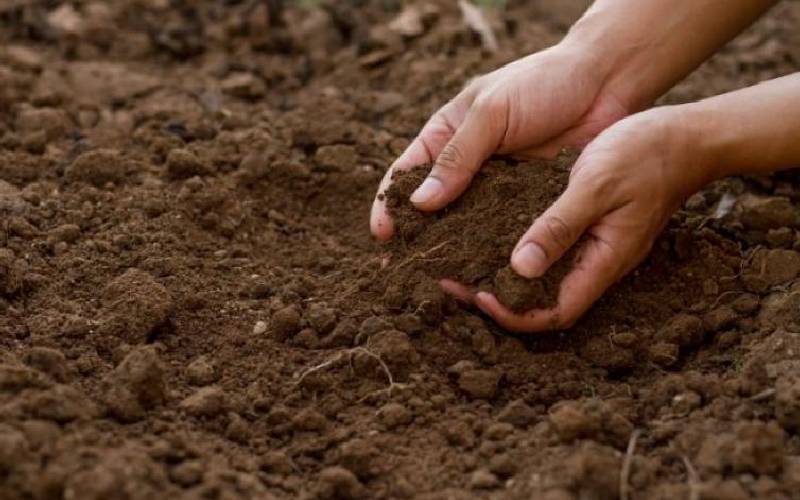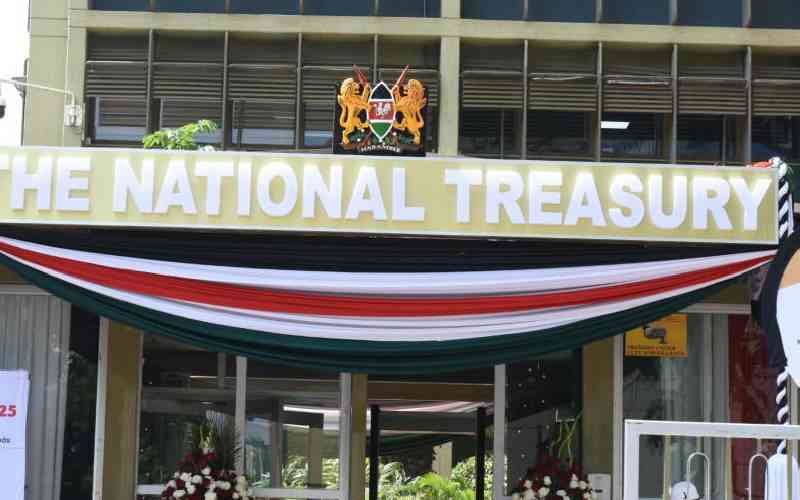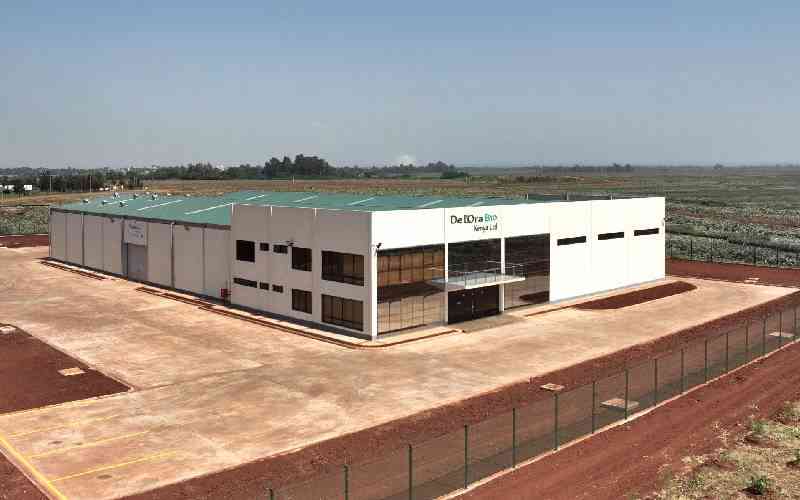×
The Standard e-Paper
Fearless, Trusted News

Food safety no doubt starts from the soil and goes beyond fertiliser and pesticide use. [Courtesy]
With Covid-19 taking the world by surprise in 2020, it is not just human health that came under scrutiny, but also food and how it was handled.







